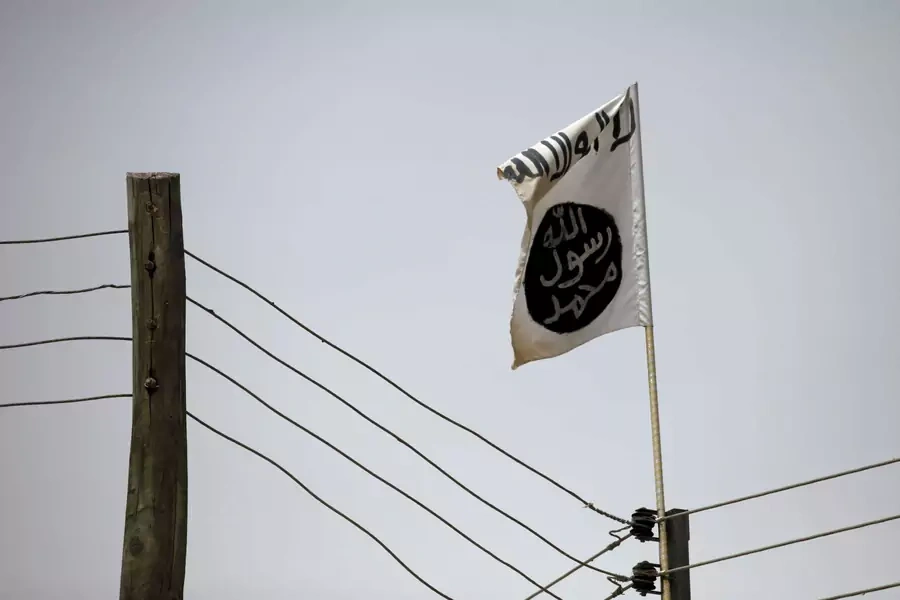Boko Haram Cuts Electricity to Maiduguri in Northern Nigeria

On January 20, the electric company serving Maiduguri, capital of Borno state, publicly stated that Boko Haram attacks on transmission lines and infrastructure had cut electricity service to the city on January 17, removing Maiduguri from the national grid. The electric company had promised to restore power soon.
Maiduguri nominally has a population of about two million, but it is likely now much greater because of the influx of persons displaced by fighting between Nigerian security forces and Boko Haram factions. In addition to being the capital of Borno state, the city is the residence of the Shehu of Borno, one of Nigeria’s most important Islamic traditional rulers. The city is on the main Hajj pilgrimage route stretching from Senegal on the Atlantic coast to Mecca. There is a modern university, an international airport, and it is on the national railway network, now being restored by Chinese companies. The city is a major trading center, especially for cattle. However, the poverty of the city’s residents is legendary in the region, where Maiduguri is sometimes called “the beggar maker.”
More on:
The city’s population is mostly Muslim in religion and Kanuri in ethnicity, and it has long been a center of radical Islamic thinking. There is a small Christian minority, mostly made up of ethnicities from elsewhere in Nigeria. Mohammed Yusuf founded Boko Harm in Maiduguri, and he was killed there by the police in 2009. Since its resurgence starting in 2011, Boko Haram has come close on occasion to occupying the city. More frequently, it has dominated certain neighborhoods, with Boko Haram’s black flag flying over certain buildings. However, the Nigerian army now has its northern command headquarters there. Many international relief agencies also have offices in Maiduguri.
Even in the best of times (which these are not), many or most residents of Maiduguri would have little or no access to electricity. The well-to-do would have their own electric generators. So, it is difficult to know what the impact actually is of the detachment of Maiduguri from the national grid for most residents. That said, however, Boko Haram would appear to have scored some sort of victory.
Boko Haram has split into factions, of which the two best known are one that has been led by Abubakar Shekau since the resumption of hostilities in 2011, and one called the Islamic State in West African (ISWA), associated with the Islamic State. Relations among the factions are murky; at times they cooperate, at other times they fight each other. Nigerian media is carrying reports of a recent gun battle between the two factions that left “several” fighters dead. At present, it is not known which faction carried out the attack on Maiduguri’s electricity infrastructure.
More on:
 Online Store
Online Store